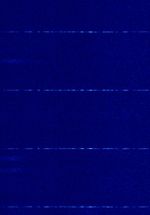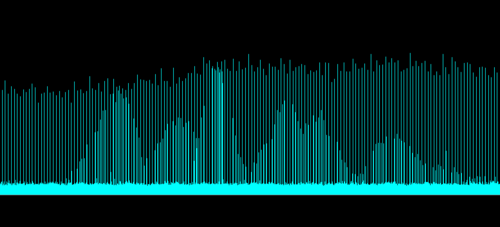Secondary surveillance radar (SSR)
Secondary surveillance radar (SSR)is a radar system used in air traffic control (ATC), that unlike primary radar systems that measure the bearing and distance of targets using the detected reflections of radio signals, relies on targets equipped with a radar transponder, that reply to each interrogation signal by transmitting encoded data such as an identity code, the aircraft's altitude and further information depending on its chosen mode. SSR is based on the military identification friend or foe (IFF) technology originally developed during World War II, therefore the two systems are still compatible.
The need to be able to identify aircraft more easily and reliably led to another wartime radar development, the IFF system, which had been created as a means of positively identifying friendly aircraft from unknowns. This system, which became known in civil use as secondary surveillance radar (SSR), or in the US as the air traffic control radar beacon system (ATCRBS), relies on a piece of equipment aboard the aircraft known as a "transponder." The transponder is a radio receiver and transmitter pair which receives on 1030 MHzMegaHertz (MHz) 10^6 Hz and transmits on 1090 MHzMegaHertz (MHz) 10^6 Hz. The target aircraft transponder replies to signals from an interrogator (usually, but not necessarily, a ground station co-located with a primary radar) by transmitting a coded reply signal containing the requested information.
Additional Links[edit]
Additional Images[edit]
High speed waterfall shot.
SRR signal from Airport Surveillance Radar, hidden behind the strong sidelobe signal of En-Route SRR radar



